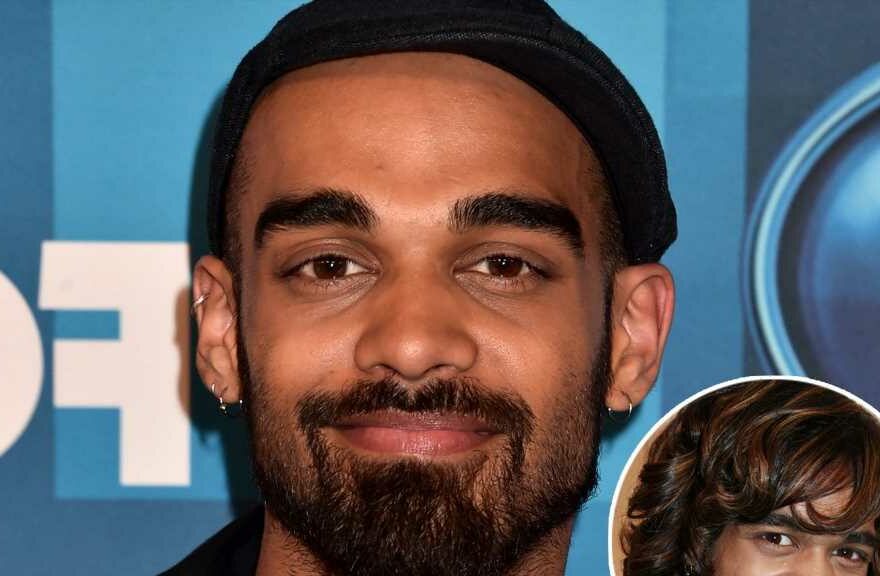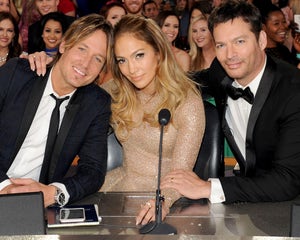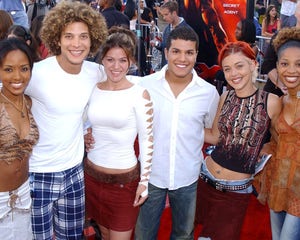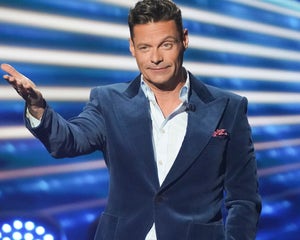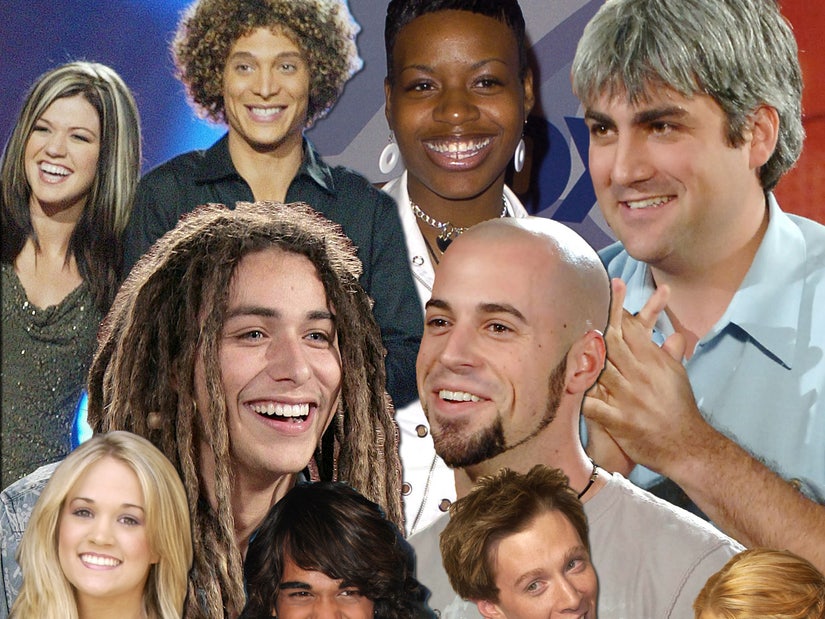"I grew up in a time when being called a f—– in school was the worst thing that could ever happen to you. You had to be as hyper-masculine as possible to fit in."
Younger fans might not remember, but there was a time when “American Idol” was such a cultural phenomenon — in a way no shows are anymore — that every contestant became a household name.
That was certainly still the case in Season 6, when Jordin Sparks would go on to win the title. But along the way, there was a lot of speculation (and concern) that one contestant could go all the way based on perceived hate-voting.
This American Idol Winner Slams Coronation Single as 'Utter Crap'
Sanjaya Malakar, now 32, found himself in the middle of this storm of controversy as his improbable rise into the show — despite then-judge Simon Cowell calling his voice “utterly horrendous” — carried the 17 year old all the way into the Top 7; contestants were eliminated one per week back then.
He was also scrutinized and analyzed and torn apart for his talent, his hair, his appearance and even his sexuality. Now, 15 years later, Sanjaya says he’s comfortable with his sexuality, coming out as bisexual during an appearance on “The Adam Sank Show” podcast.
While fans were brutally speculating everything about him while he was competing, Sanjaya says he didn’t know himself, which is “why is why it was so weird for me,” per People.
Katharine McPhee Blames 'Woke' Voters for Crime in Beverly Hills, Scared to Wear Jewelry
When that speculation was happening, the singer said that he pushed back, thinking, “Okay, well now I have to say no, because at this point they’re forcing me to make a decision and define myself.”
Part of his challenge was because 2007 was a less tolerant time for the LGBTQ+ community, and also one where there was a more binary understanding of sexuality even where being gay was accepted.
“I grew up in a time when being called a f—– in school was the worst thing that could ever happen to you. You had to be as hyper-masculine as possible to fit in,” said Sanjaya. “And coming up in 2007, it was like, ‘Being gay is OK, but you have to define yourself, and there’s this or that.’
In other words, the option was to either be straight or gay, but neither of those seemed quite right for Sanjaya. It was an uncertainty about himself that stemmed all the way back to childhood when the people in his life were already trying to put him in a clearly-labeled box.
American Idol Season 1: Where Are They Now?
He explained that he was “raised by women” and quickly immersed into the theater culture, and that he had no role models to give him a sense of, “This is how you are a boy.” Even more, he said that sexuality was being projected on him at a very young age.
“Everyone keeps telling me that I am gay, and I’m like, 7,” he shared. “I don’t even have any attraction to anyone, so why are you telling me this?”
With “American Idol” such a cultural juggernaut at the time, the young Sanjaya found himself surrounded with publicists and people who also weren’t helping, instead advising him to say he was single and remain “ambiguous” amid the speculation, despite the face he was involved with a long-term girlfriend at the time.
They’re reasoning, according to Sanjaya, “No one needs to know anything about anything because you don’t want to lose your fans.” Meanwhile, he wasn’t sure yet how he defined himself, so it felt like “manipulating” a situation to try and get certain fans that may turn out to be disingenuous.
Ryan Seacrest Had to Wear Someone Else's Underwear After Live 'Idol' Wardrobe Malfunction
Now, though, removed from the show and more established in his adulthood and sense of self, Sanjaya says he’s fully confident in his sexuality. And while he’s confident his parents wouldn’t care if he brought a man home, he’s never actually formally come out to them.
“For me, at this point I don’t really care about what people know of my sexuality,” he said. In fact, he’s clearly enjoying that less people are invested in him than they used to be, describing his time on “American Idol” — and the resultant fame — as a “detriment” when it comes to dating.
“It’s a detriment because I enjoy the thrill of a chase, and I don’t like feeling like someone’s f—ing me because [of the show],” he said. “I have a lot of self-esteem issues, and I really like to be sure that someone’s interested.”
Malakar currently works as a bartender — he doesn’t want people wanting to sleep with him because of this, either — and a pastry chef.
Source: Read Full Article
